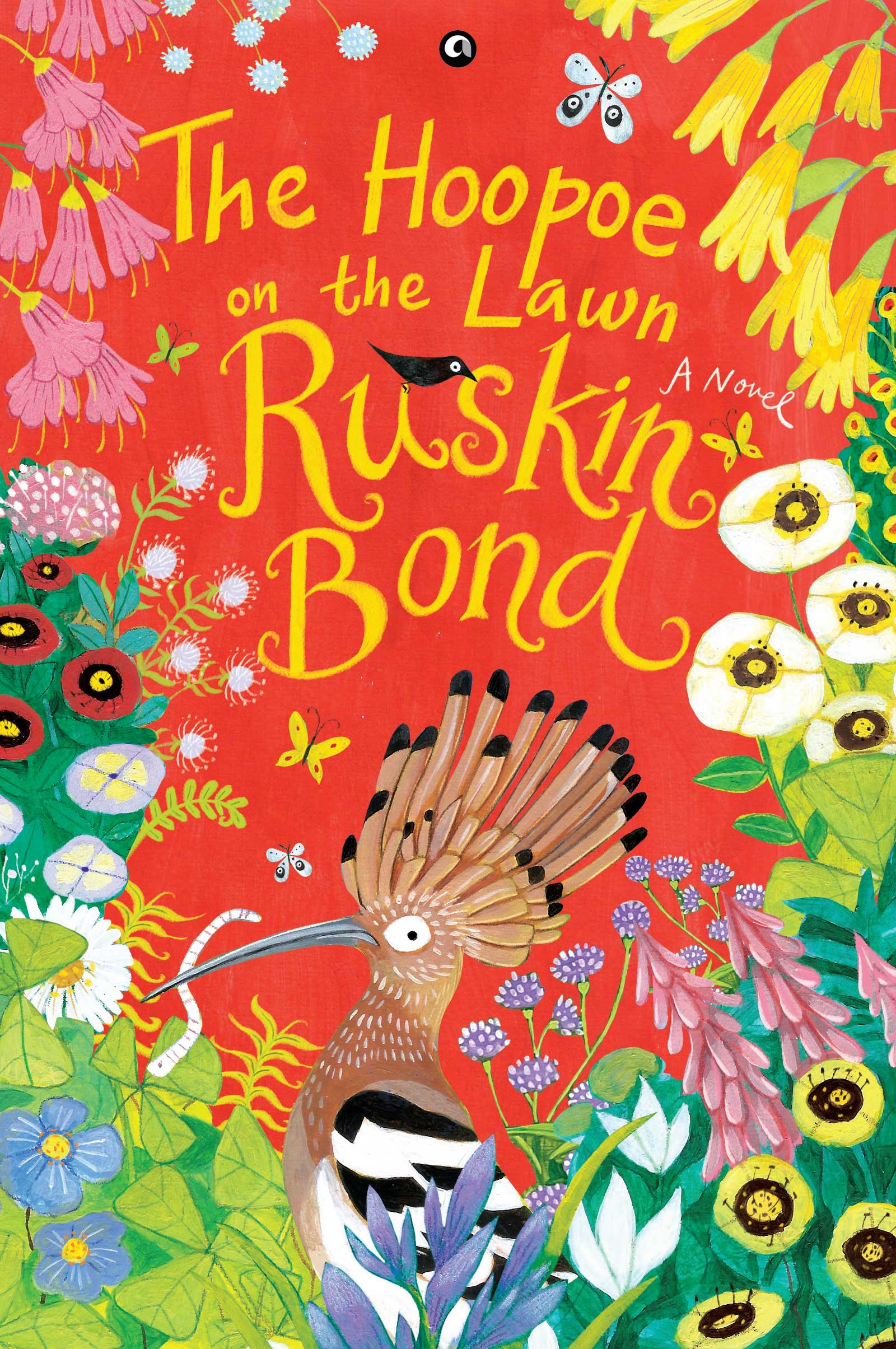 Listen to this article
•
15:34 min
Listen to this article
•
15:34 min
On the fringes of the garden, along the outer walls, and on the neglected patch behind the bungalow, there flourished a so-called weed with beautiful purple flowers. Well, I found them beautiful. No one else seemed to think so. This plant flourished without any help from humans throughout the winter months and could be found on wasteland in and around Dehra and elsewhere.
Its small flowers were soft like velvet, pretty launching pads for colourful butterflies.
Nobody knew what they were called. They must have had a botanical name, but no one knew it. I called them Purple Hearts.
‘Get rid of these weeds,’ ordered Granny, and Dhuki dutifully went about the task of dislodging them from their rightful place on earth. They had to make way for the more glamorous aliens—pansies and petunias, zinnias and gerberas. But try as he might, Dhuki could only get rid of the unwanted outcasts from the formal garden in front of the house. They continued to flourish at the back, kept out of sight like poor relatives of slum-dwellers.
I felt a certain affinity with them. I was far from being a neglected child, but I think I had a certain inborn sense of justice, and it bothered me to see pretty things thrown away just because they were considered common or useless. And so, I spent a lot of time in that neglected space behind the bungalow, looking for little flowering plants that did not grow in the garden.
Some I knew by name because I had seen pictures of them in my school readers— children playing or running about in fields of daisies and buttercups, all growing wild. I did not find daisies and buttercups because they grew at a higher altitude, up in the foothills; but I found and recognized dandelions, thistles, and an untrimmed hibiscus hedge adorned with trumpet-like flowers.
Dandelions have always fascinated me. They seem to me to be the hardiest of plants, capable of growing out of a stone wall, a window ledge, or a flight of steps. When it goes to seed it forms a pretty puff-ball, very delicate, and if you make a wish as you blow the seeds away, well—it might just come true! In time, I learnt that the milky juice from the dandelion could remove warts from one’s hands, but as a boy I was more interested in making wishes, and I would look for dandelions going to seed. I made hundreds of wishes. Some of them might have been granted. Who knows!
There were a couple of pomelo trees planted by my grandfather, who had passed away before he could enjoy the pomelos. These were large grapefruits, very sour but sweet too. I loved the beautiful round shape of the fruit; it seemed a pity to cut them open.
There was a guava tree frequented by parrots, and an old peepul tree that had been there before the house was built. Dhuki told me that a pret, a mischievous ghost, lived in the peepul tree, and that if I fell asleep beneath it with my mouth open, the ghost would slip down my throat and play havoc with my digestion. I liked sitting beneath the peepul tree because I enjoyed the breeze from its twirling leaves, which responded to the slightest breath of air. But I took care to stay awake. And I kept my mouth closed.
Our cook’s living quarters were on the compound, and he kept a number of hens. They would roam about this semi-wild area. One day, I saw three of them attacking a snake. The snake was about 3 feet long, but this did not bother the hens. They would take turns swooping on it, lifting it off the ground as high as they could fly, and then dropping it and going at it with their beaks as though it were a large earthworm. The snake was soon torn to shreds. If hens were as big as humans, they would be having us for dinner instead of the other way around.
I sat beneath the peepul tree studying a blade of grass that had sprung up near my feet. It was straight and slim like a small green spear. Nothing could be more perfect. It seemed to me to represent all of nature, all of the world, all of our planet. At that age these thoughts of mine were not fully formed, but I knew instinctively that things that sprang from the earth—grass, flowers, fruit, trees—were in some way special, and that everything else was dependent on them. People were dependent on them. So were birds and animals and all kinds of living things. The earth was what the world was made of, and what sprang from it was life-giving.
I was no child philosopher but it seemed quite obvious to me that a world without plants would be empty of everything else.
Excerpted with permission from The Hoopoe on the Lawn, published by Aleph Book Company (April 2024, Rs 399).






